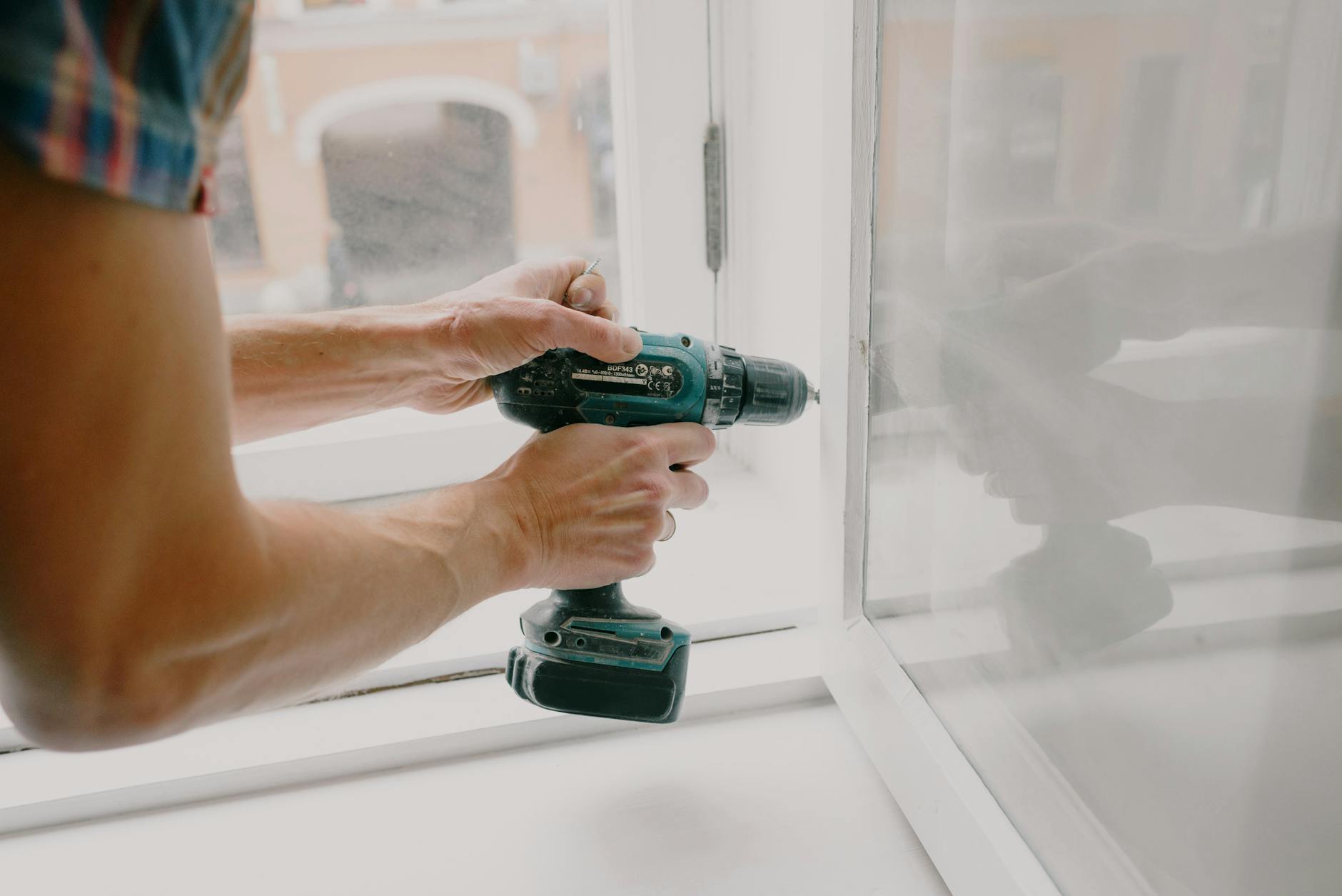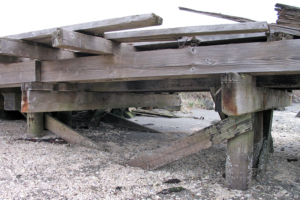25 Tips to Buying Your First
Home From A Home Inspector
Buying your first home is a thrilling milestone, but it comes with its fair share of challenges. The excitement of finding your perfect space is often mixed with uncertainty and confusion about where to start. In this guide, we’ve compiled 25 essential tips to help you navigate the home buying process with confidence.
From understanding your financial readiness to exploring different neighborhoods and working with real estate agents, buying a home involves meticulous planning and research. This guide is designed to simplify the journey for first-time homebuyers, providing valuable insights and advice to help with a successful and informed purchase.
Financial Preparation
Assessing Financial Readiness:
Before diving into the homebuying process, it’s vital to evaluate your financial readiness. Start by assessing your income stability to ensure you can afford mortgage payments. Consider your existing debts, such as student loans or car payments, and factor them into your financial health review. Understanding your overall financial picture will help you determine if you’re prepared for the financial responsibilities of homeownership.
Establishing a Realistic Budget:
Creating a realistic budget is essential when buying your first home. Beyond considering the purchase price, factor in ongoing expenses like maintenance, utilities, and property taxes. Make sure your budget accounts for unexpected costs that may arise during homeownership. By setting a realistic budget, you can ensure that you are financially prepared for the full scope of homeownership costs.
Research and Location Selection
Neighborhood Research
As you begin your quest for the perfect location, consider factors like safety, amenities, school districts, and future development plans. Safety is paramount for any homeowner, ensuring a peaceful environment for your family. Evaluate amenities such as parks, grocery stores, and public transportation accessibility to enhance your lifestyle. School districts consideration, especially if you have children or plan to in the future. Lastly, look into future development plans in the neighborhood to gauge its evolving landscape.

Local Real Estate Market
Understanding the local real estate market is a game-changer when buying a home. Analyze market trends to make informed decisions. Research property values in your desired location to grasp the financial realm you are stepping into. Assess the investment potential of different areas to ensure your decision aligns with your long-term goals.
Home Search and Inspection
When embarking on the journey to buy your first home, the process of finding the perfect place can sometimes feel overwhelming. The search for a suitable home involves more than just aesthetics; it dives into the structural integrity, potential repairs, and aligning with your personal preferences.
Home Viewing Tips
During home viewings, it’s important to keep your eyes peeled for more than just the superficial charm of a property. Look beyond the decor and visualize yourself living in the space. Check for any signs of structural damage or wear that could indicate underlying issues. Does the property offer the flow you desire? Do the rooms have the capacity to accommodate your needs? By evaluating these aspects upfront, you can make a more informed decision.

Importance of Home Inspections
A pivotal step in the home-buying process is the professional inspection. This step unravels any hidden problems that may not be visible to the untrained eye. Investing in a thorough inspection can reveal issues that could potentially save you from future headaches and financial burdens. By gaining insights into the property’s condition, you can ensure that your new home is not just a visually pleasing facade but a safe and secure haven for you and your family.
Negotiation and Closing Process
Making an Offer
When crafting your offer for a home, it’s essential to strike a balance between being competitive and staying within your budget. Consider these tips to make a strong offer:
- Negotiating Price: Research comparable home sales in the area to determine a fair price. Be prepared to negotiate with the seller to reach a mutually beneficial agreement.
- Contingencies: Include contingencies in your offer to protect yourself, such as a home inspection contingency or financing contingency.
- Understanding the Terms: Carefully review and understand all terms outlined in the purchase agreement before signing to avoid any surprises down the line.
Closing Process Overview
The closing process is the final step before officially becoming a homeowner. Here’s an overview of what to expect during this phase:
- Paperwork: Be prepared to review and sign a significant amount of paperwork, including the closing disclosure, mortgage documents, and the deed.
- Inspections and Appraisals: Inspections and appraisals are crucial steps in the closing process to ensure the home is in good condition and valued appropriately.
- Securing Homeowner’s Insurance: Prior to closing, you’ll need to secure homeowner’s insurance to protect your new investment against unforeseen circumstances.
Navigating the negotiation and closing process with confidence and knowledge will empower you as a first-time homebuyer. Remember, patience and thorough understanding of the terms are key to a successful home purchase.

Post-Purchase Tips
Moving into a new home is an exciting milestone, but the process of settling in can be overwhelming. Here’s a helpful checklist for a smooth moving experience and tips for adjusting to your new neighborhood:
Moving and Settling In
- Start by decluttering and organizing your belongings before packing.
- Label boxes clearly to make unpacking more manageable.
- Set up essential services like utilities, internet, and mail forwarding in advance.
- Explore your new neighborhood and get familiar with local amenities like grocery stores, parks, and medical facilities.
Transitioning into a new home comes with adjustment periods. To ease into your new surroundings:
- Introduce yourself to neighbors to build a sense of community.
- Explore nearby parks or cafes to get a feel for the area.
- Join local social media groups to stay updated on neighborhood events and news.
Home Maintenance and Upkeep

- Regularly check for leaks, cracks, or signs of wear and address them promptly.
- Create a maintenance schedule to stay on top of tasks like HVAC filter changes and gutter cleaning.
- Budget for unexpected repairs and plan for long-term upgrades to enhance your home’s value.
By staying proactive with maintenance, you can prevent costly repairs and enjoy a well-kept home for years to come. Remember, a well-maintained home is a happy home.
Conclusion
Take these tips to heart, do thorough research, and approach the experience with confidence. Your new home is within reach—go out there and make it a reality!

.png)






























